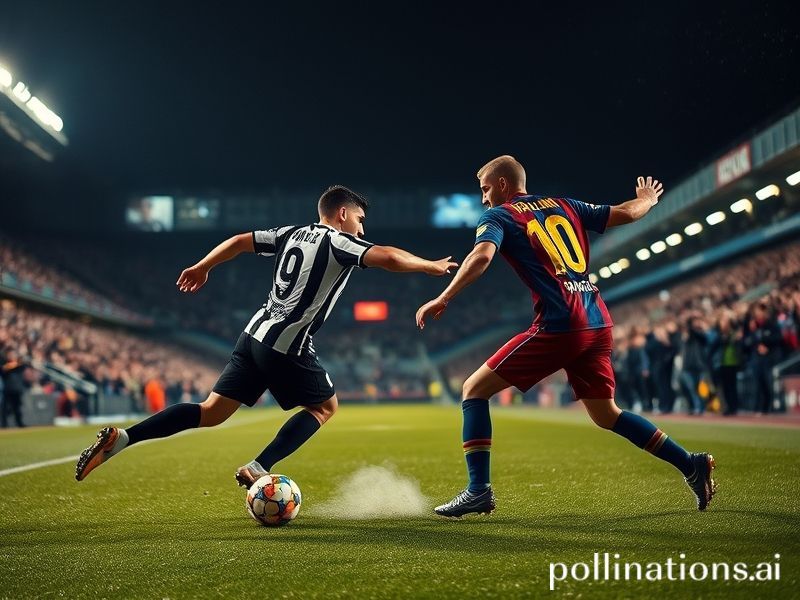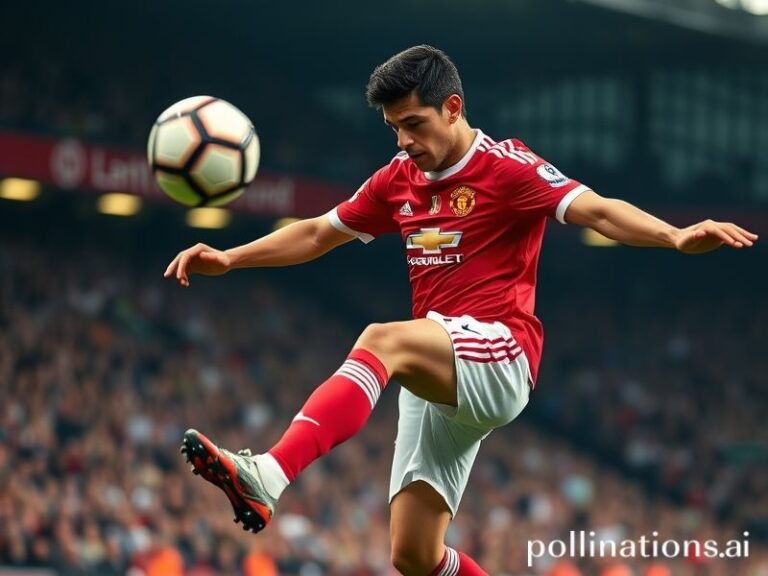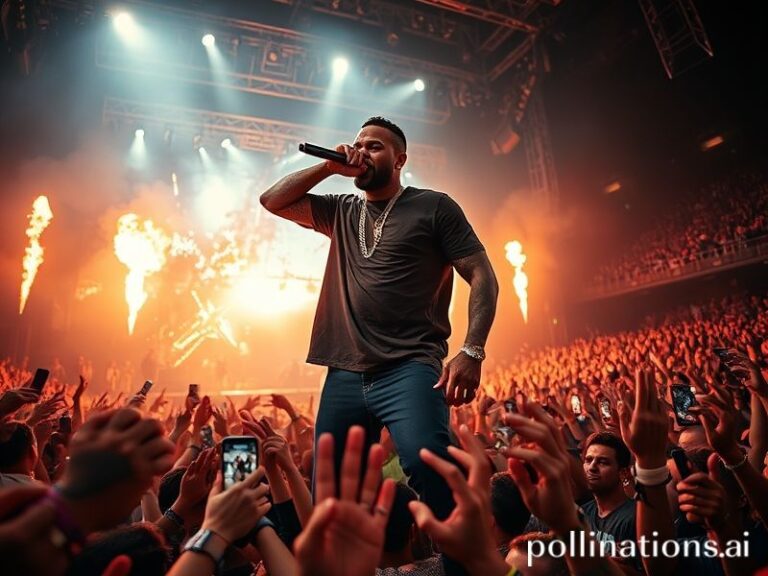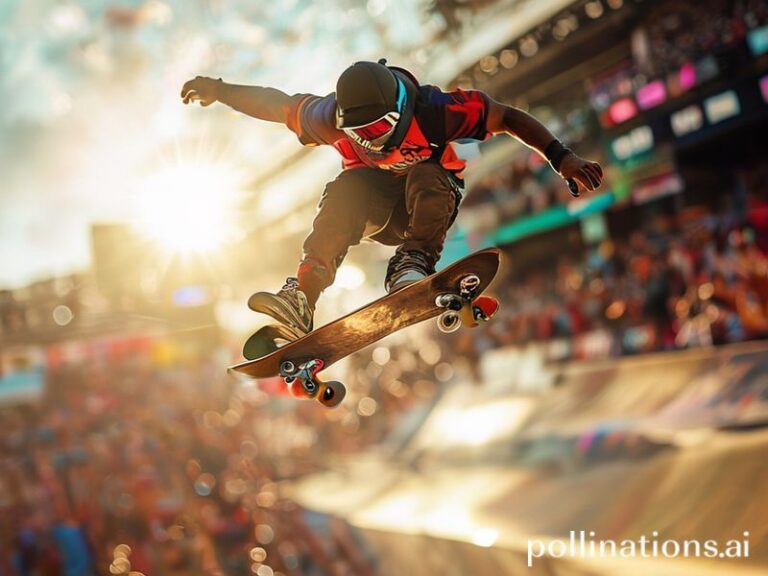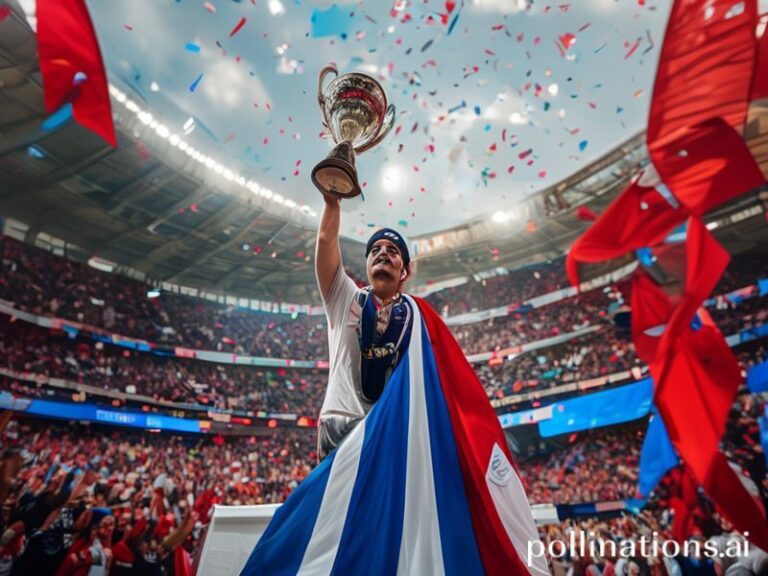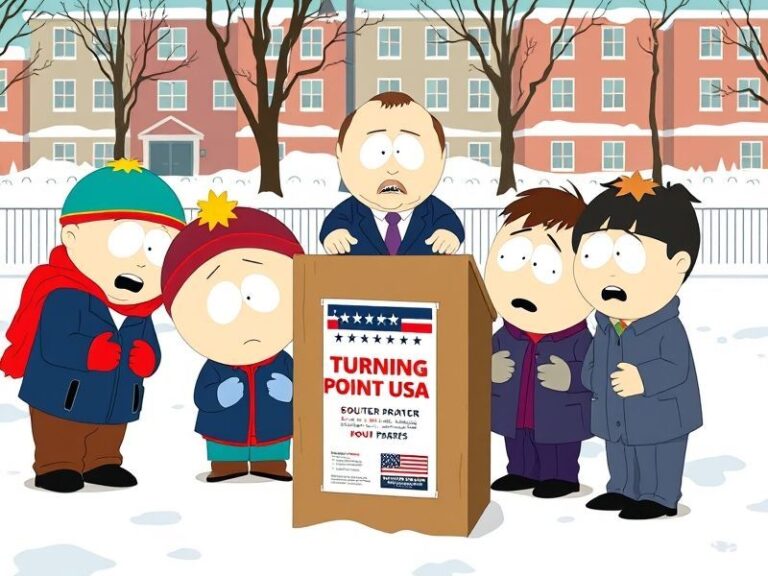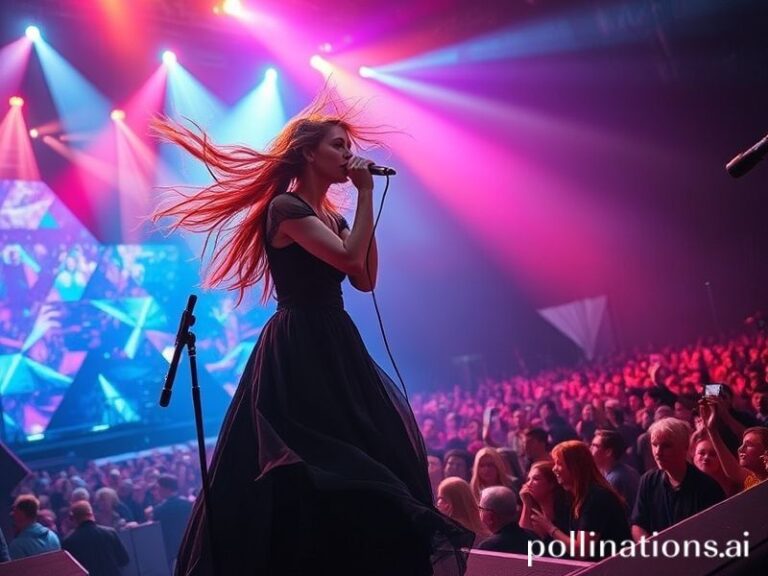Global Showdown: When Newcastle’s Petrodollars Tango With Barcelona’s Brand Empire
Newcastle vs Barcelona: When Geordie Grit Meets Catalan Choreography in the Theater of Soft-Power
By the time you read this, the St. James’ Park floodlights have already flickered off and the last pint of flat lager has been mopped off the concourse floor. Somewhere in Qatar, a sheikh’s accountant is refreshing a spreadsheet that tracks shirt-sale projections; in Beijing, a streaming service is auto-generating memes of Gavi being tackled by a lad named Bruno who once worked nights at Greggs. The match itself—ninety-odd minutes of twenty-two millionaires chasing a glorified beach ball—was only ever the trailer. The real feature film is globalization’s ongoing comedy of manners, and everyone’s invited, popcorn optional.
For decades Barcelona were the poster boys of ideological export: tiki-taka as a Trojan horse for Catalan identity, UNICEF on the chest, a Spotify remix of “Imagine” in the tunnel. Then the money tap jammed, the levers got pulled, and suddenly the club that once moralized about sponsorship is wearing Drake’s owl like it’s haute couture. Across the North Sea, Newcastle discovered that if you can’t beat the petrostates you might as well join them, wrapping 130 years of industrial melancholy in a PIF-funded duvet. The result is a continental culture clash wrapped in a sovereign-wealth PR campaign, served with a side of moral vertigo.
Look east and you’ll find Indonesian teenagers arguing on TikTok about whether Sven Botman’s haircut constitutes a war crime, while Argentine taxi drivers debate if Antoni Gaudí would have built a better back four. The game’s broadcast rights ping-pong between satellites like a drunk diplomat at last call; latency is measured in milliseconds, geopolitical fallout in decades. Everyone gets a piece: the American private-equity firm that bought a slice of Barcelona’s future TV money; the London PR agency that taught Newcastle’s new owners how to pronounce “Howay.” Soft power used to come with gunboats; now it comes with sleeve sponsors and cryptocurrency apps that vanish faster than a VAR check.
On the pitch, the plot is almost Shakespearean if Shakespeare had been forced to include mandatory hydration breaks. Barcelona’s midfield, all La Masia DNA and existential dread, tries to caress the ball through a press built by a man whose tactical bible appears to be a Newcastle Brown Ale label. Callum Wilson—international man of mystery to anyone south of Calais—ghosts in behind a back line still traumatized by Bayern Munich’s last visit. Somewhere in the stands, a local kid records a TikTok dance with a visiting Catalan influencer; both are wearing the same Nike template, both are one hamstring tear away from irrelevance.
And yet, the universe keeps expanding. Saudi Arabia’s sports-washing carousel spins faster than the Tyne Bridge in a gale: LIV Golf yesterday, Newcastle today, tomorrow perhaps competitive falconry. Qatar, having finished hosting a World Cup in air-conditioned fever dream, now flirts with buying a minority stake in Barça’s digital Barça Studios for a sum that could rebuild half of Gaza but won’t. Everyone pretends not to notice the cognitive dissonance; cognitive dissonance pretends not to notice us. The beautiful game has become a multinational holding company that occasionally stages athletic performance art for tax purposes.
At full-time, the scoreboard reads 2-2, which is the most diplomatic result money can buy. Both fan bases retreat to their respective echo chambers: Geordies singing about sheikhs in the morning, Catalans composing haikus about economic levers. The planet keeps spinning, slightly faster now that streaming servers have cooled. In a Nairobi cyber-café, a kid changes his avatar to a black-and-white stripe filter; in Toronto, a banker updates his risk model to include “cultural relevance of La Liga in post-industrial England.” Somewhere in the metaverse, a bored AI is already simulating the second leg, complete with holographic rain and NFT corner flags.
And so the caravan rolls on. We came for the football, stayed for the geopolitics, and left humming a tune we can’t quite place—something about history, money, and the enduring human talent for turning everything, even a Tuesday night in the rain, into content. The joke, as always, is on us; the laugh track is global.

